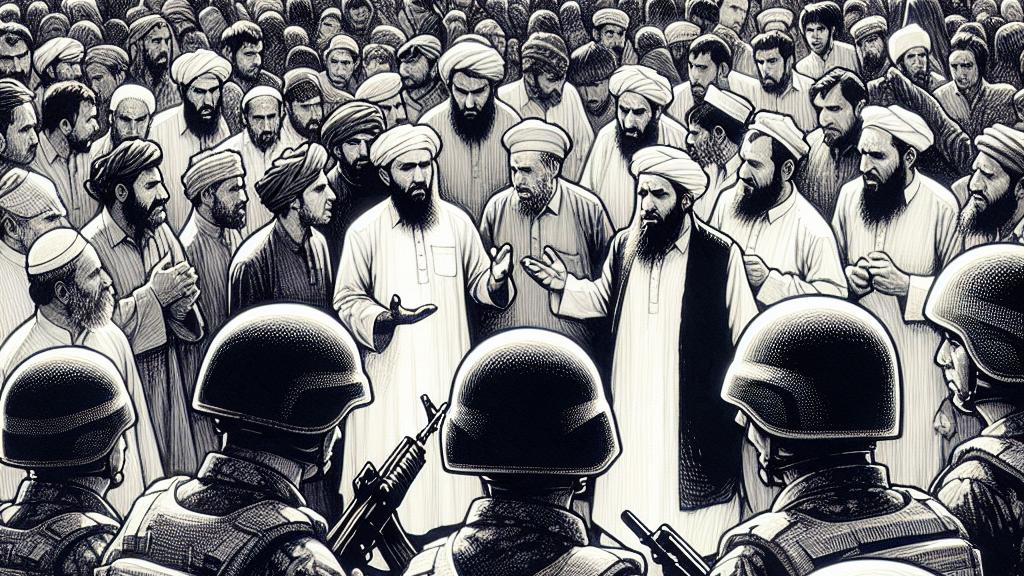Balochistan's Unrest: A Clash of Cultures and Rights!
Overview
- Protests in Balochistan highlight urgent demands for human rights and autonomy.
- Escalating state violence and economic neglect intensify local discontent.
- Women activists lead the movement, transforming Balochistan's activism landscape.

The Protests Resonate Through Balochistan
In the heart of Pakistan, the province of Balochistan has become a hotbed of protests, reflecting a long-standing struggle for rights and recognition among the Baloch people. The recent gatherings orchestrated by the Baloch Yakjehti Committee (BYC), notably the 'Baloch Raaji Muchi' in Gwadar, aimed to spotlight pervasive human rights violations and the severe lack of essential services. With thousands joining in, these protests swiftly turned violent as security forces engaged demonstrators in fierce confrontations, leading to numerous injuries and arrests. This cycle of uprising and oppression has revealed the urgent need for the Pakistani government to reevaluate its approach towards Balochistan, highlighting the core issues of governance, accessibility to resources, and the political aspirations of the Baloch community.
Historical Grievances Fuel Modern Unrest
Balochistan's current unrest cannot be fully understood without acknowledging its turbulent history, marked by colonial legacies and broken promises. Following Pakistan's independence in 1947, the Baloch region was pressured into joining the fledgling state, which bred an enduring sense of betrayal among its people. Over the years, policies of centralization severely limited provincial autonomy, with Balochistan routinely sidelined in national decision-making. Moreover, despite its vast mineral wealth, which includes resources like gold and natural gas, economic development has largely bypassed Balochistan, perpetuating poverty and disenfranchisement. With insufficient infrastructure and investment in education and health, the lack of developmental progress has stoked public anger, leading to a series of protest movements and insurgencies throughout the decades.
Women as Pioneers of Change in Activism
A remarkable and transformative aspect of the ongoing protests is the pivotal role women are playing in reshaping activism within Balochistan. Figures like Mahrang Baloch have emerged as influential leaders, advocating for justice while bringing critical attention to enforced disappearances and extrajudicial killings that plague their communities. Their courage and commitment have not only provided a platform for voicing grievances but have also empowered countless others to join the movement, marking a significant shift in societal norms about women's roles in public activism. The emerging leadership of women in these protests symbolizes a broader cultural transformation in Balochistan, as they challenge patriarchal structures and push for gender equality and social justice, enhancing the dynamics of the struggle for Baloch rights.

Loading...